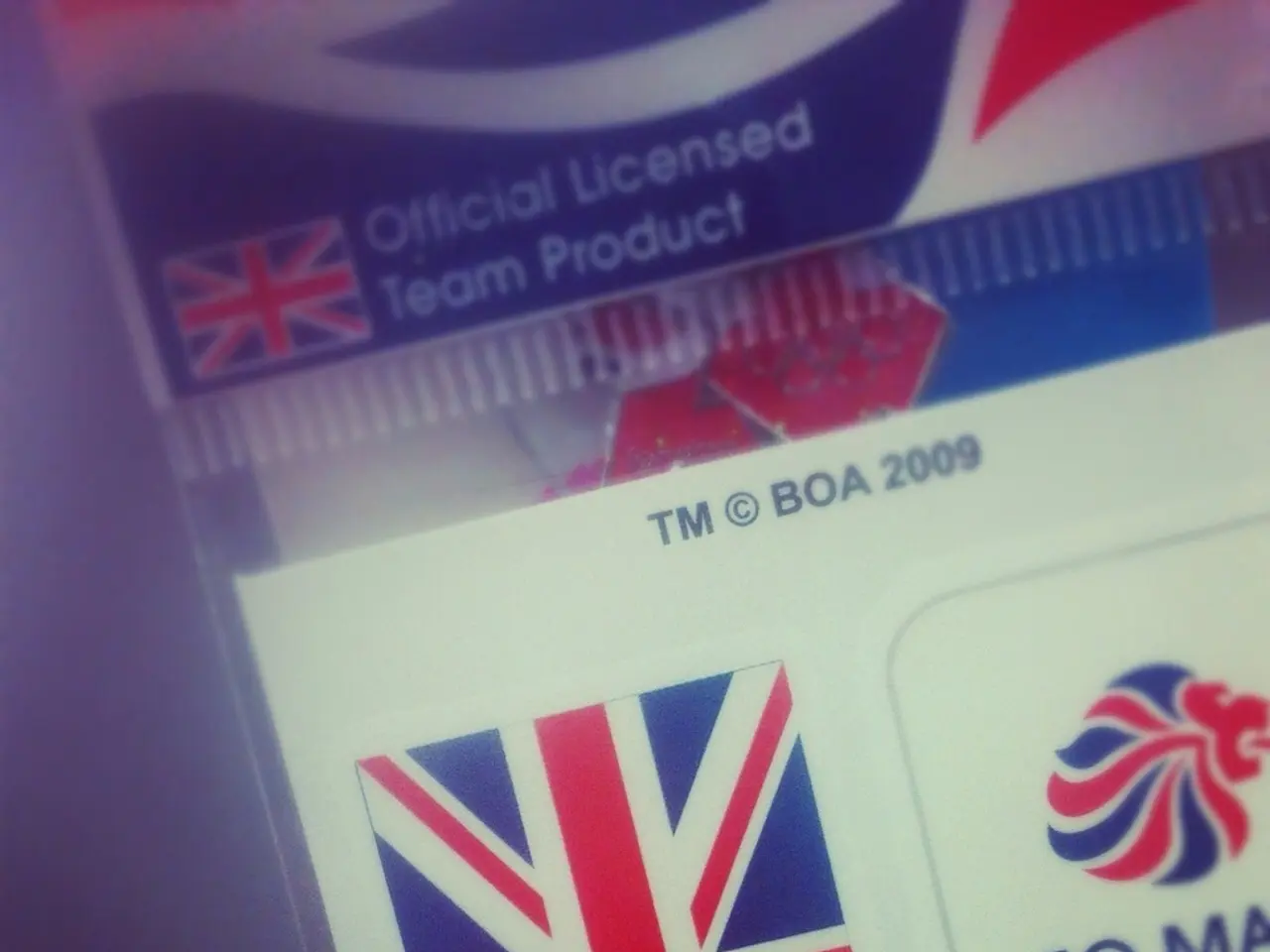Simple Strategies for Enhancing Your Credit Rating
In today's financial landscape, maintaining a good credit record is essential for securing loans, credit cards, and even rental agreements. Here are some strategies to help you improve a poor credit record.
Firstly, it's crucial to check your credit reports regularly. Obtain free credit reports from the three major bureaus - Equifax, Experian, and TransUnion - via AnnualCreditReport.com. Scrutinize these reports for errors or fraudulent accounts and submit disputes with supporting documentation to correct them, which can immediately improve your credit profile.
Secondly, payment history is the most significant factor in credit scores. Consistently paying all bills on time helps prevent further damage and gradually rebuilds creditworthiness.
Thirdly, lower your credit utilization ratio by paying down revolving credit balances such as credit cards. This reduces your debt burden and may raise your credit score, in addition to saving money on interest.
Fourthly, apply for new credit judiciously to avoid unnecessary score drops. Hard inquiries from multiple new credit applications in a short time can lower your score and signal higher risk to lenders.
For very poor credit, consider secured credit cards or credit-builder loans. These tools help rebuild credit by reporting on-time payments while minimizing risk, often available from credit unions or local banks.
Lastly, use free tools to track your credit score over time to stay motivated and catch any new negative information quickly.
Repairing a poor credit record takes consistent effort over time; it does not improve overnight, but systematic application of these strategies is proven effective.
Here's a summary of the key strategies:
- Check and Dispute Errors: Remove inaccuracies that drag down scores.
- Pay On Time: Prevents new negative marks, strongest factor in scoring.
- Pay Down Debts: Lower credit utilization ratio, saves interest.
- Limit New Credit Inquiries: Avoid temporary score dips from multiple inquiries.
- Use Secured Cards/Loans: Build positive payment history when credit is very poor.
- Monitor Your Credit: Track improvements and detect issues early.
By following these steps, you can effectively improve your credit record and secure a brighter financial future. Remember, it's important to be on the electoral roll, avoid excessive new credit inquiries, and be cautious when signing up for free trials to prevent unexpected charges. Additionally, avoid calling 0870 numbers and use the saynoto0870 website to find alternative numbers, some even freephone. Regular delays in mortgage or loan payments can also negatively impact your credit file. If you're already in debt, seek help from organizations like the National Debtline, Stepchange, or Community Money Advice to set up a repayment plan and manage your finances.
- To effectively improve your personal-finance situation, it's crucial to keep an eye on your credit record by checking it regularly and disputing any errors, as these can impact your score negatively.
- Additionally, focusing on debt-management strategies, such as paying bills on time, paying down revolving credit balances, and being judicious with new credit applications, can help rebuild a poor credit record and secure a brighter financial future.




